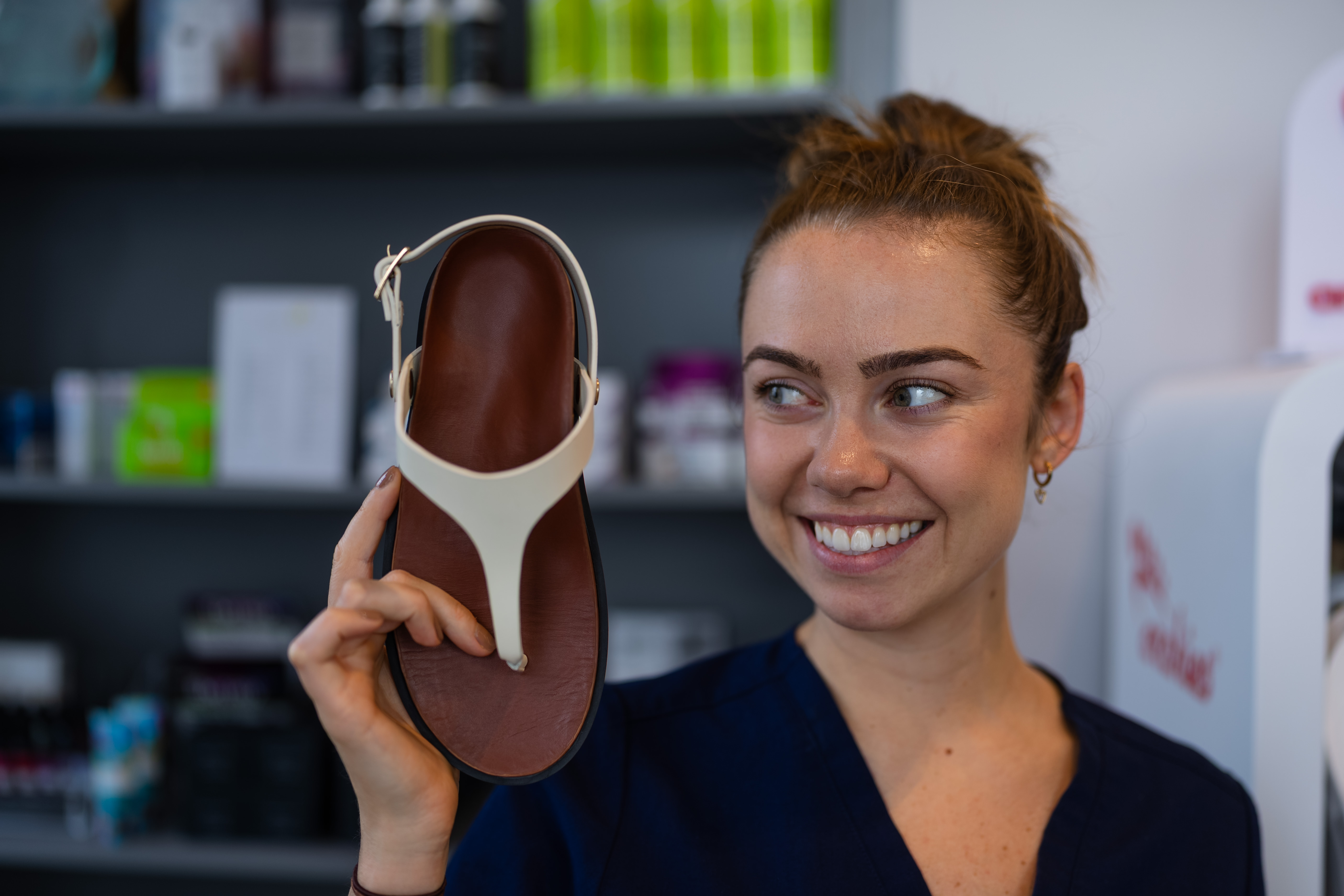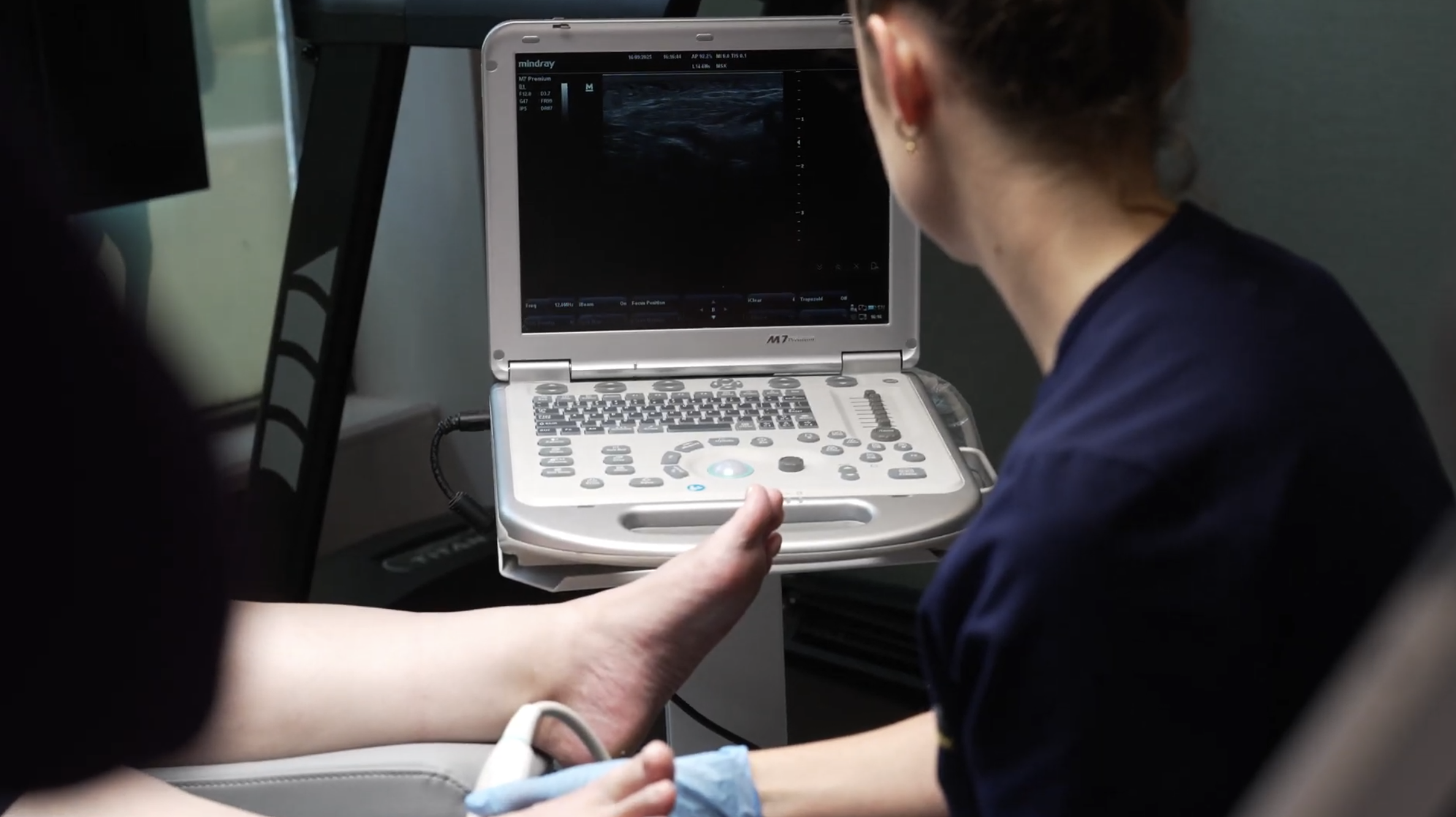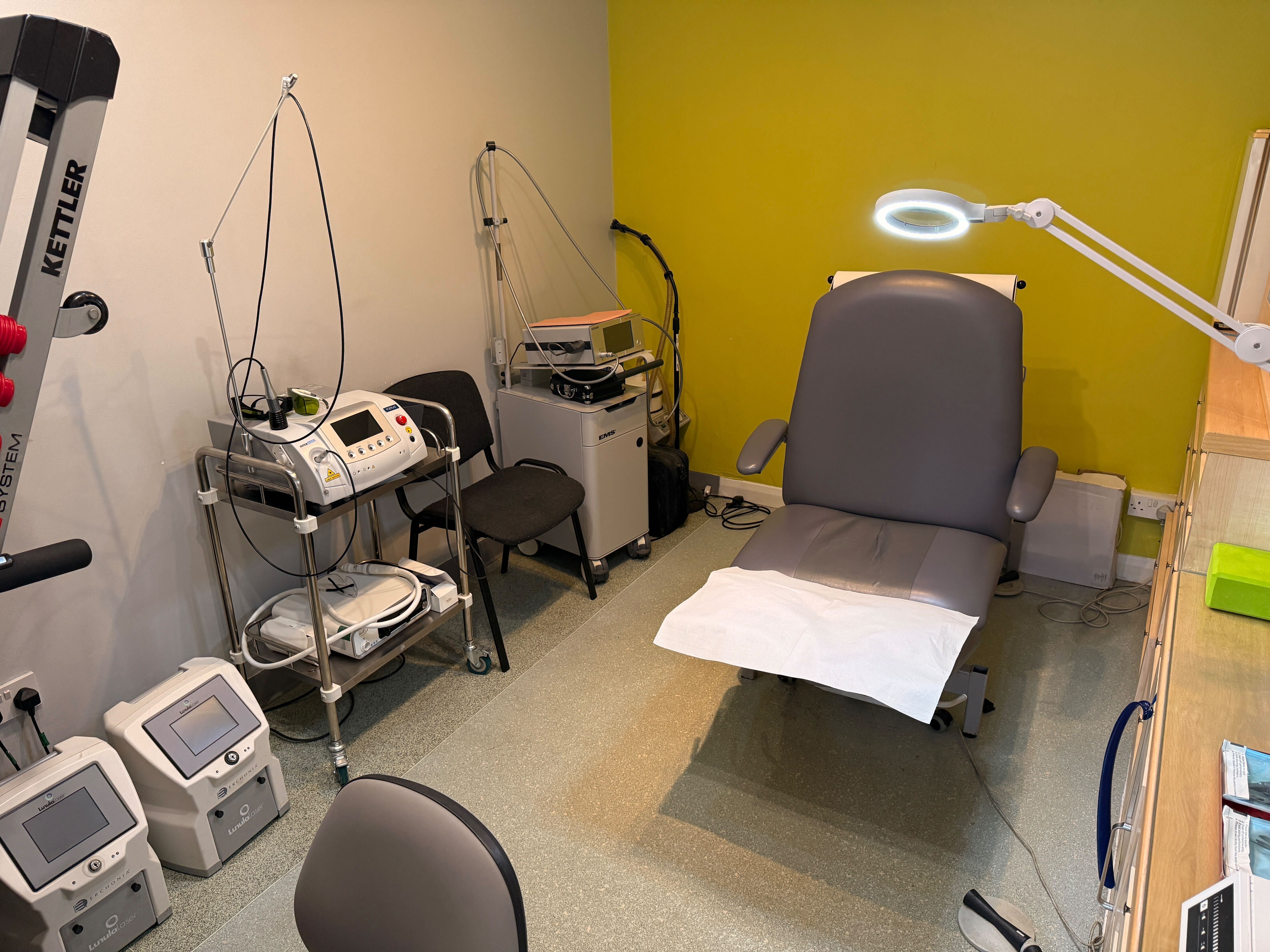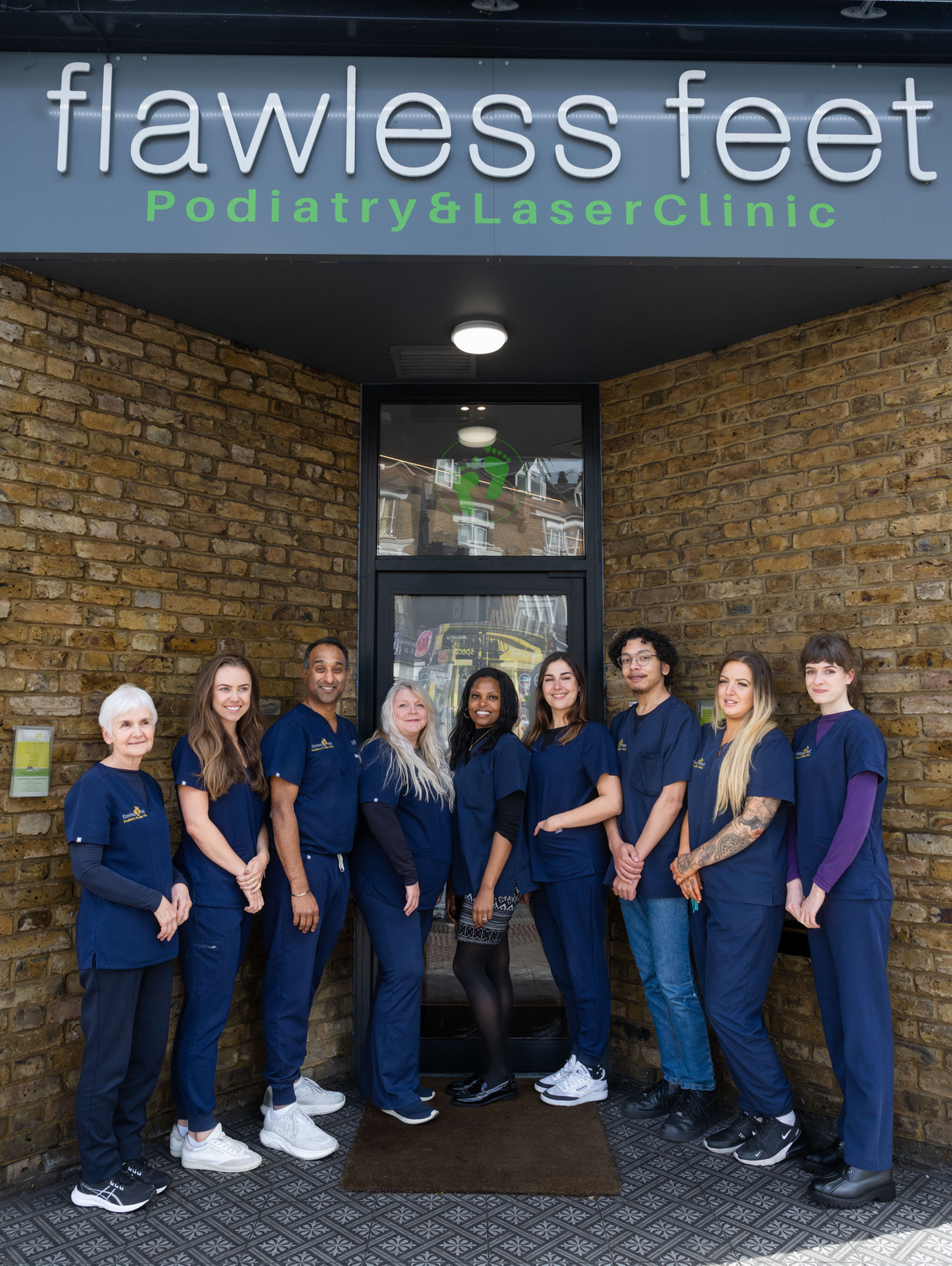Posterior Tibial Tendon Dysfunction (PTTD)? | Causes & Early Treatment
Posterior Tibial Tendon Dysfunction (PTTD) is a progressive foot and ankle condition that affects the tendon responsible for supporting the arch of your foot.
At Flawless Feet Podiatry & Laser Clinic, our team of expert podiatrists and chiropodists in London specialize in diagnosing and treating PTTD, helping patients reduce pain, improve mobility, and avoid surgery where possible.


What is Posterior Tibial Tendon Dysfunction (PTTD)?
PTTD occurs when the posterior tibial tendon becomes inflamed, overstretched, or torn. This tendon plays a crucial role in stabilizing the arch and supporting overall foot mechanics. When compromised, the arch gradually collapses, leading to a flatfoot deformity and significant discomfort, particularly on the inside of the ankle and foot.
Early diagnosis is key — just as we aim to identify bunions early to prevent arthritic changes, timely intervention for PTTD can avoid long-term disability and surgery
Why Does PTTD Happen?
PTTD is often caused by repetitive strain or injury to the tendon, but several factors increase your risk:
- Flatfoot biomechanics or overpronation
- Obesity or high-impact activities like running, gymnastics, or dance
- Poor footwear that lacks arch support
- Inflammatory conditions such as rheumatoid arthritis or diabetes
The mechanical breakdown mirrors what happens in bunion progression: misalignment leads to poor foot function, which if left untreated, causes degenerative change and joint restriction.


Could it Be Something Else?
PTTD can mimic or coexist with other conditions, including:
- Plantar fasciitis
- Arthritis of the ankle or midfoot
- Tarsal tunnel syndrome
- Tendon tears or ruptures
A thorough biomechanical assessment at our London clinic allows us to rule out or identify overlapping conditions. Our expertise in foot and ankle pathologies — including bunions, arthritis, and nerve conditions — means you get comprehensive care that targets the root cause.
What Can Be Done About Posterior Tibial Tendon Dysfunction?
At Flawless Feet Podiatry & Laser Clinic, we offer evidence-based, non-surgical treatment plans tailored to your stage of PTTD. Your treatment may include:
-
Custom Orthotics: To support the arch and reduce strain on the posterior tibial tendon
-
Footwear Prescription: Shoes that provide stability, cushioning, and motion control
-
High-Intensity Therapies: For pain relief and inflammation reduction
-
Strengthening & Mobility Exercises: Targeted rehabilitation to restore tendon integrity
- Activity Modification & Education: Guiding you to avoid further tendon overload
Just as we manage bunions with conservative therapies to slow progression, we apply the same philosophy to PTTD — aiming to improve foot function and avoid invasive procedures whenever possible.


What Happens If PTTD is Left Untreated?
If left unmanaged, PTTD will likely worsen over time, potentially leading to:
-
Collapsed arches and rigid flatfoot
-
Chronic pain in the foot and ankle
-
Arthritis in surrounding joints
- A need for complex reconstructive foot surgery
As with bunions, early detection and intervention are crucial. We encourage anyone experiencing medial foot or ankle pain to seek professional evaluation promptly. Our podiatrists and chiropodists in London are here to help guide your recovery and prevent further damage.
Why Choose Flawless Feet for PTTD Treatment in London?
We combine clinical experience, advanced diagnostics, and a holistic approach to treat the underlying causes of foot dysfunction — not just the symptoms.
Whether you’re dealing with PTTD, bunions, or another structural issue, we provide care tailored to your lifestyle and goals.







Frequently Asked Questions
Pricing varies depending on your assessment needs and treatment plan. An initial consultation includes a full biomechanical exam, and we’ll provide a transparent breakdown of costs before starting any treatment.
In most cases, no. We focus on conservative, non-invasive treatment. Surgery is considered only when function is severely impaired or conservative treatment has failed.
Recovery timelines vary by severity. Mild cases often improve within weeks, while more advanced cases may require several months of consistent therapy and orthotic use.
Yes. Our clinic offers prescription-grade orthotics designed specifically for your feet. These are essential in both post-surgical recovery and conservative management of PTTD and bunions.
With the right footwear, activity modification, and foot posture awareness, progression can be slowed or even prevented. We provide long-term strategies to help you maintain healthy foot function.
Book Your Podiatrist in London
Book your treatment at Flawless Feet Podiatry & Laser Clinic in London and experience expert care designed to relieve discomfort, restore movement, and get you back on your feet, comfortably.








